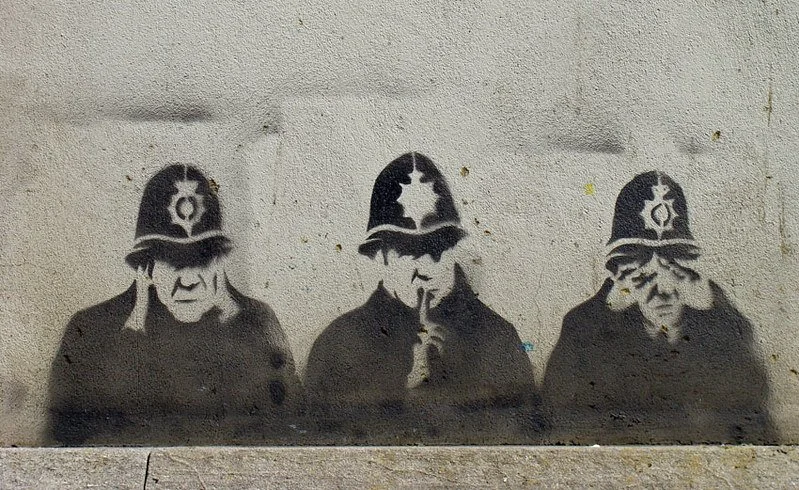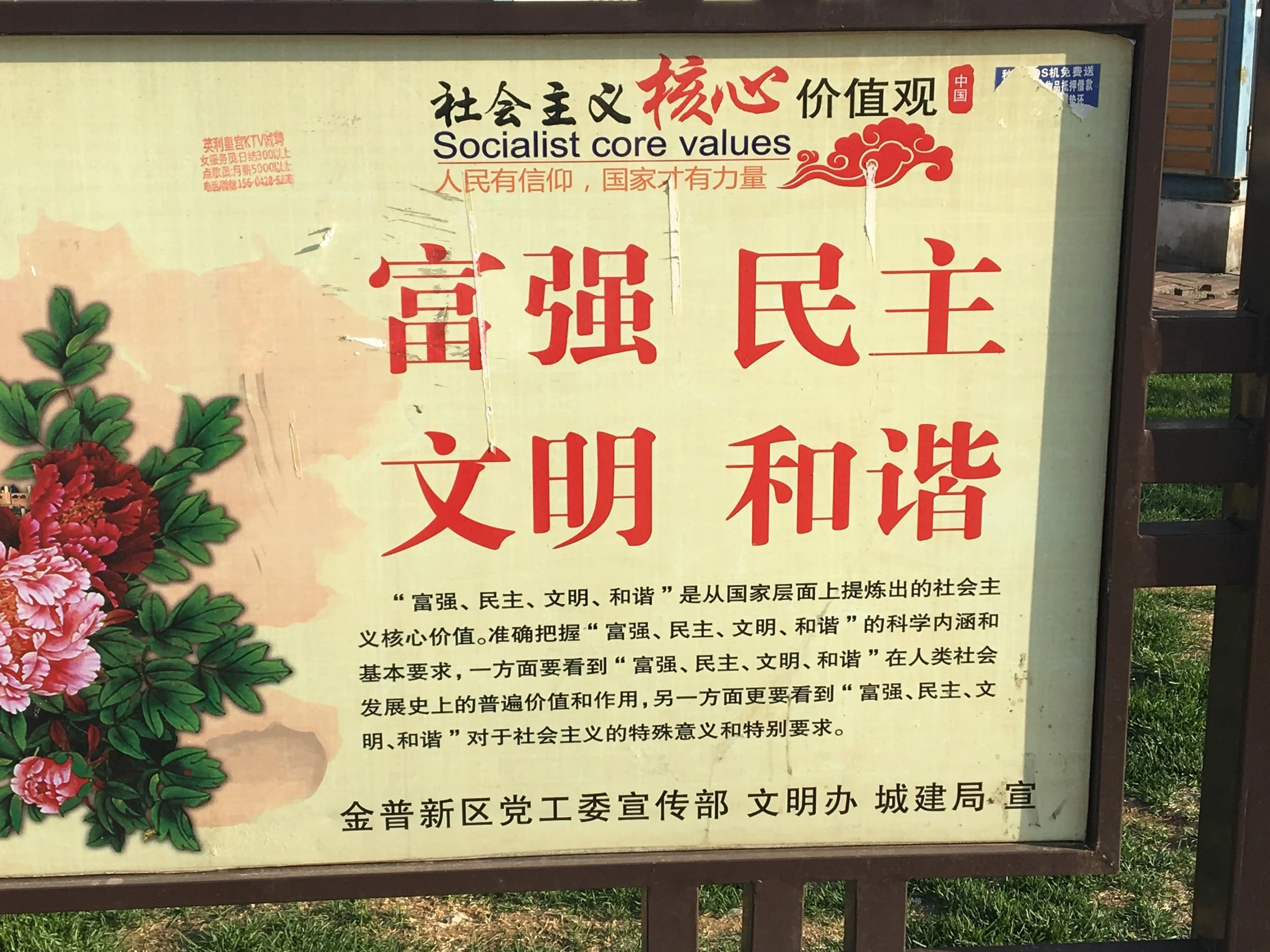Does Authoritarianism Hurt Creativity?
Creativity is about doing new things. It’s essential to our collective prosperity, to solving the world’s challenges, to making the world a decent place to live, and, like it or not, it’s always been a major factor in national power.
“Police Graffiti” by Kirsty Hall is licensed under CC by 2.0
Yet creativity often comes up against the prevailing social order. Indeed, the pursuit of social control and order can squelch creativity. On the extreme end of control and order is authoritarianism, which is “the principle of blind submission to authority, as opposed to individual freedom of thought and action”, according to Encyclopedia Britannica.
Does authoritarianism hurt creativity? In my view, the simple answer is yes. In this article, I will share with you why that is and what the implications are for our own creativity as individuals.
First of all, let’s unpack authoritarianism a little bit. Authoritarianism is actually a very broad phenomenon and, in order to understand the harm that it causes, we need to see it as such. Authoritarianism can characterize individual personalities, relationships, families, institutions, and countries. You can see it in the school system, the mental health system, companies, bureaucracies, and more. Any time there is a high level of control and demand for obedience, we’re probably talking about an authoritarian situation.
In this way, we can see that our society, in my country of the U.S., has many authoritarian elements. In the U.S., a major authoritarian institution would be the school system which processes and standardizes nearly the entire population. The school system is authoritarian because it takes away young people’s self-determination and requires blind submission to authority. It is not an exaggeration to say that people who resist it are often criminalized. We give the school system a pass here partly because we are told that it’s in the best interest of children and society and partly because we are indoctrinated to take it for granted.
So why is authoritarianism harmful to creativity? To put it simply, creativity requires freedom. If we define creativity as doing new things, then in order to be creative, you need to have the freedom to do new things. If people’s actions, words, and thoughts are rigidly controlled, then their ability to do anything new is equally restricted. In authoritarian systems, if we do anything that deviates from the required pathways of behavior, we get sanctioned.
I think it’s important to mention that in order for authoritarian systems to sustain themselves, they actually need to suppress creativity (and creative people). This is because creativity presents challenges to their power. This is true in all kinds of authoritarian systems including authoritarian families, schools, and political systems. In this sense, repressing creativity is not paranoia, it’s perfectly rational.
Creativity often involves challenging existing systems and creating new ones, which undermines power structures. This is why, for example, in China and Russia, when giant tech platforms arrived, the government quickly consolidated control over them, because they represented a new locus of power. Thus, the threat that creativity represents to authoritarian systems can be a very powerful one.
Creativity and authoritarianism are opposed in other ways too. To maintain control, authoritarians limit free thought and discussion. Creativity, on the other hand, involves questioning established ideas and improving understanding of the world. Where authoritarian systems are interested in propaganda, creativity is interested in the truth.
On an individual level, authoritarian systems can severely limit our own creativity. When we’ve spent long enough in an authoritarian system, we acquire conditioning that allows us to stay safe within that system. The problem is that this shuts down our creativity because it’s not safe to be creative. In order to reclaim it, we need to, first, try to find greater safety, and then we need to transcend this conditioning.
One example of this that impacts so many of us is the family system, which is often authoritarian. As children, many of us grew up in households where there were always eyes on us, waiting to approve or disapprove of all of our actions, feelings, and thoughts. We start to internalize this program and develop protective parts to keep us safe in this unsafe setting.
Especially creative young people are often squelched because they are powerless against authoritarian adults, who are extremely prevalent in our society. These young people often don’t have anyone around to truly support them. Fake “support” may come in the form of repression like psychiatric labeling, drugging, and behavioral modification.
In order to liberate ourselves from this conditioning we acquired in an authoritarian setting, clearing away the blockages to our creativity, we need to bring awareness to the ways that this conditioning continues to show up. Over time, the more we bring awareness to it, the more we diminish it.
The issue of authoritarianism and creativity is important because we are typically unaware of how much creativity and potential we lose as a result of our systems of control. It’s easy to take the status quo for granted. If we’re able to look at how these authoritarian systems impact people’s behavior and thinking, we can move towards systems that are freer. This would unleash creativity and human potential.

